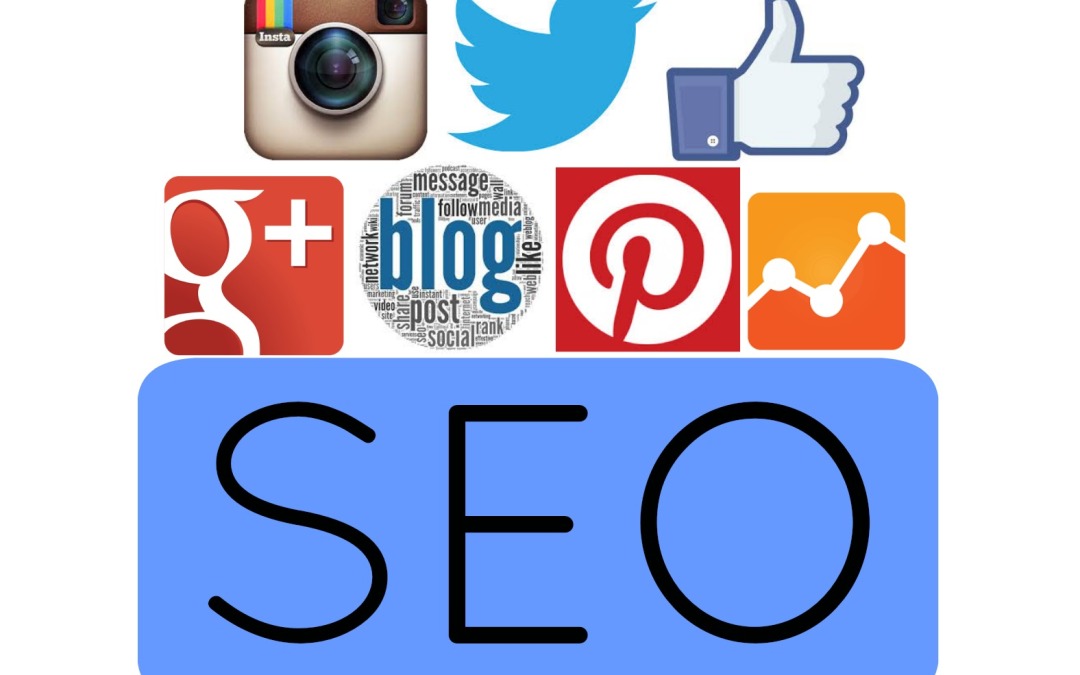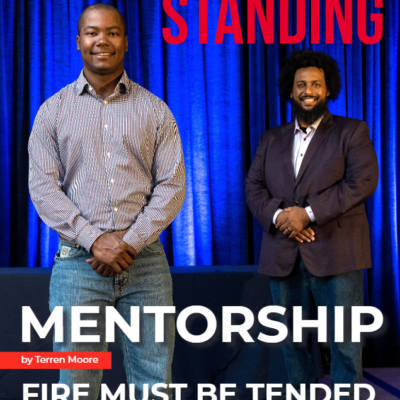Beyond The Bots
It’s no secret that SEO and Social Media are both key components of a solid digital marketing strategy, but how much does your social media presence impact your site’s SEO? Here are 5 ways that you may not have thought of.
Backlink Opportunities
Link building has gotten a bad rap over the past few years, and for good reason. Spammy tactics that focused on quantity over quality, thin content, paid links, link farms…you get the idea. Social media gives you a real opportunity to get your content in front of people who may share it with their audience in some manner, increasing the likelihood of you developing a high quality, natural looking link profile – all without employing the low quality tactics of yore.
In addition to that, there’s even more opportunity for you to benefit from the effects of “co-occurrences”. Rand Fishkin explains co-occurrences very well using an example from Consumer Reports:
You can see a lot of articles on the web that mention cell phone ratings and reviews and mention Consumer Reports. They don’t necessarily link to this page. In fact, very few of them link to this page. But many of them will do exactly this. If you look at a text snippet on the page, it’ll say, “Cell phones as rated by Consumer Reports.” This doesn’t even link. This is not a live link. It’s not even pointing to their website or to that specific web page. But Google is noticing the association. They see the words “cell phone.” They see the word “rated,” and they see “Consumer Reports.” They put two and two together and say, “You know what? It seems like lots of people on the Internet seems to think that Consumer Reports and cell phone ratings go together.”
Why it matters: Even though Google is cracking down on low quality link building initiatives, backlinks and citations are still a large part of their ranking algorithm. The more that your content is shared, the more times that your brand is mentioned online – the more trust and authority you’ll build. That all leads to higher rankings and more traffic.
Site Engagement
Within Google Analytics, you can view your Engagement Metrics – bounce rate, time on site, pages per visit – and get a pretty clear understanding of which pieces of content on your site are resonating with your readers, and which are under performing. Pages with high bounce rates may not have a clear call-to-action to lead your visitors down the sales funnel. Pages with short visit durations could indicate that the piece didn’t meet the reader’s expectations or provide enough value for them to stick around and finish reading it. On the flip side, if you create your content with your audience in mind, and share it strategically via your social media channels, you should be able to get your users to skew those metrics in a positive manner.
Why it matters: If Google is making these metrics available to you, you better believe that they’re building it into their ranking algorithms – they’ve been using similar metrics as part of their AdWords quality scores for quite a while now.
Author Rank
Although Google has since done away with it’s Authorship markup, many believe that “Author Rank” is still alive and well. Author Rank is the idea that, if Google can determine that you (as an individual author) consistently create high quality content that is well received by your audience, the rankings for your content could be impacted in a positive manner. One of they key ways for Google to measure this Author Rank is by the number of +1s your content receives.
Why it matters: Even though Google no longer officially supports Authorship, I still believe it’s something that they’re keeping track of. And if I’m wrong? Well, the worst case scenario is that you’ve built up a catalog of content that positions yourself as a industry thought leader. Most of that content probably lives on your website and, well, we all know how much search engines love text based content.
Personalized Search Results
Both Google and Bing are doing their best to personalize the user’s search experience as much as possible. Not only do you see personalization based on your location and search history, but you’ll also see personalized search results based on your social media networks. While Bing is integrated with Facebook, Google is integrated with it’s own network, Google+. When a user performs a search on either search engine, websites that have been well received (liked, +1d, etc) by the users social community may appear on the first page.
Why it matters: The larger your social network (the more followers that you have), the greater your chances of being able to impact a personalized SERP.
What about the rankings?
There are certainly some differing opinions when it comes to whether or not these “social signals” (likes, retweets, +1s, etc) have a direct impact on a site’s SERP ranking, but I’m of the belief that a rising tide lifts all boats. What I mean is, even if the number of likes, retweets, and +1s weren’t part of Google’s ranking algorithm, by effectively utilizing social media to promote and distribute your content, you will be impacting the things that we know Google cares about – the overall trust and authority that your users put into your brand.





